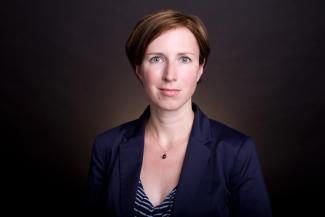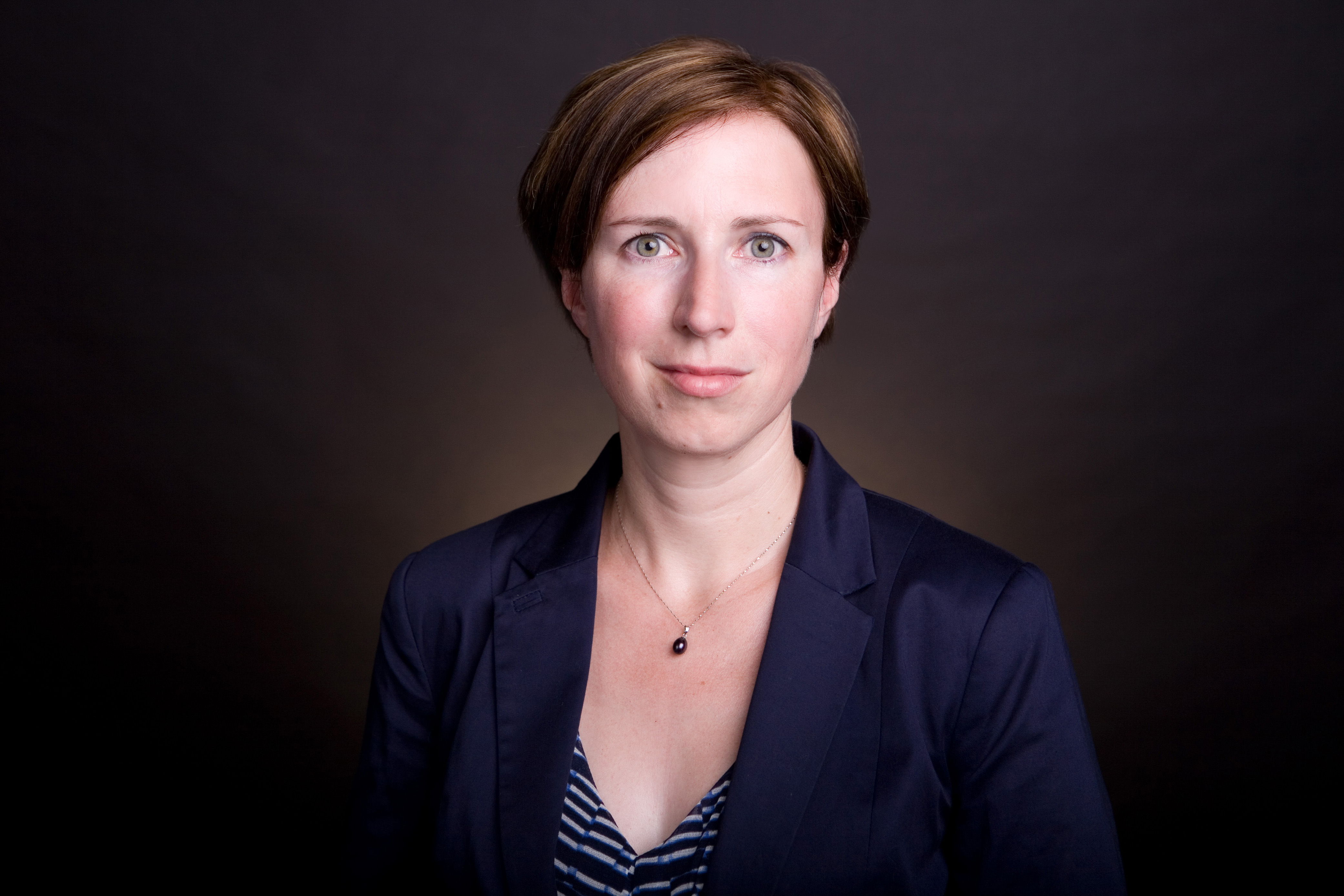The 2016 German White Paper. The consolidation of the “Munich consensus” and persisting questions
The 2016 White Paper on security policy and the future of the Bundeswehr is testament to Berlin’s declared will to play a more active role internationally, to assume more responsibility and to provide leadership in close concertation with its partners in Europe and the world.

This policy approach is nowadays labeled “Munich consensus” in reference to a number of speeches by high-ranking German officials at the annual security conference held in Bavaria’s capital. At the same time, Berlin stays true to itself and bets on multilateralism, the comprehensive approach and insists on the idea that the Bundeswehr is just one instrument among others of German security policy (and not necessarily the most appropriate one under all circumstances).
Unsurprisingly, however, a number of questions remain even after the new White Paper’s publication. Although the text clearly is a step forward for German security policy, putting into practice the newly declared ambitions will require measures well beyond consolidating the “Munich consensus” in a strategy document. This pertains to the conditions under which the Bundeswehr can be sent abroad, and notably in the case of scenarios lacking a clear legal basis. But this also concerns the question of whether there is enough political will to back up these new ambitions financially.
This paper is published in French: "Le Livre blanc allemand 2016. La consolidation du « consensus de Munich » et des questions qui persistent"
Related centers and programs
Discover our other research centers and programsFind out more
Discover all our analysesMerz’ European Policy-making: The End of the ‘German Vote’?
Friedrich Merz’s European ambition is to turn Germany, long seen as hesitant into a leading actor within the European Union (EU). To that end, he has pledged to end the “German vote,” a phenomenon that epitomizes the paradox of a country both indispensable and frequently absent from European decision-making.

Securing critical raw material (CRM) value chains – a prerequisite for Europe’s technological resilience
At the heart of economic security, technological resilience is a backbone of the European Union’s (EU) competitiveness. The EU’s energy and digital transitions depend on critical raw materials (CRM).

Reconciling competitiveness and demographic change: a Franco-German imperative
France and Germany are facing parallel demographic shifts that could reshape the future of their economies and their social models. These shifts reflect broader European patterns but are magnified by the central role both nations play in EU governance and competitiveness.
Taking the Pulse: Does France's Political Crisis Weaken Europe's Geopolitical Hand?
While the EU tries to navigate a myriad international challenges, France is experiencing historic political disarray. What impact will instability in Paris have on Europe's geostrategic capacity?











